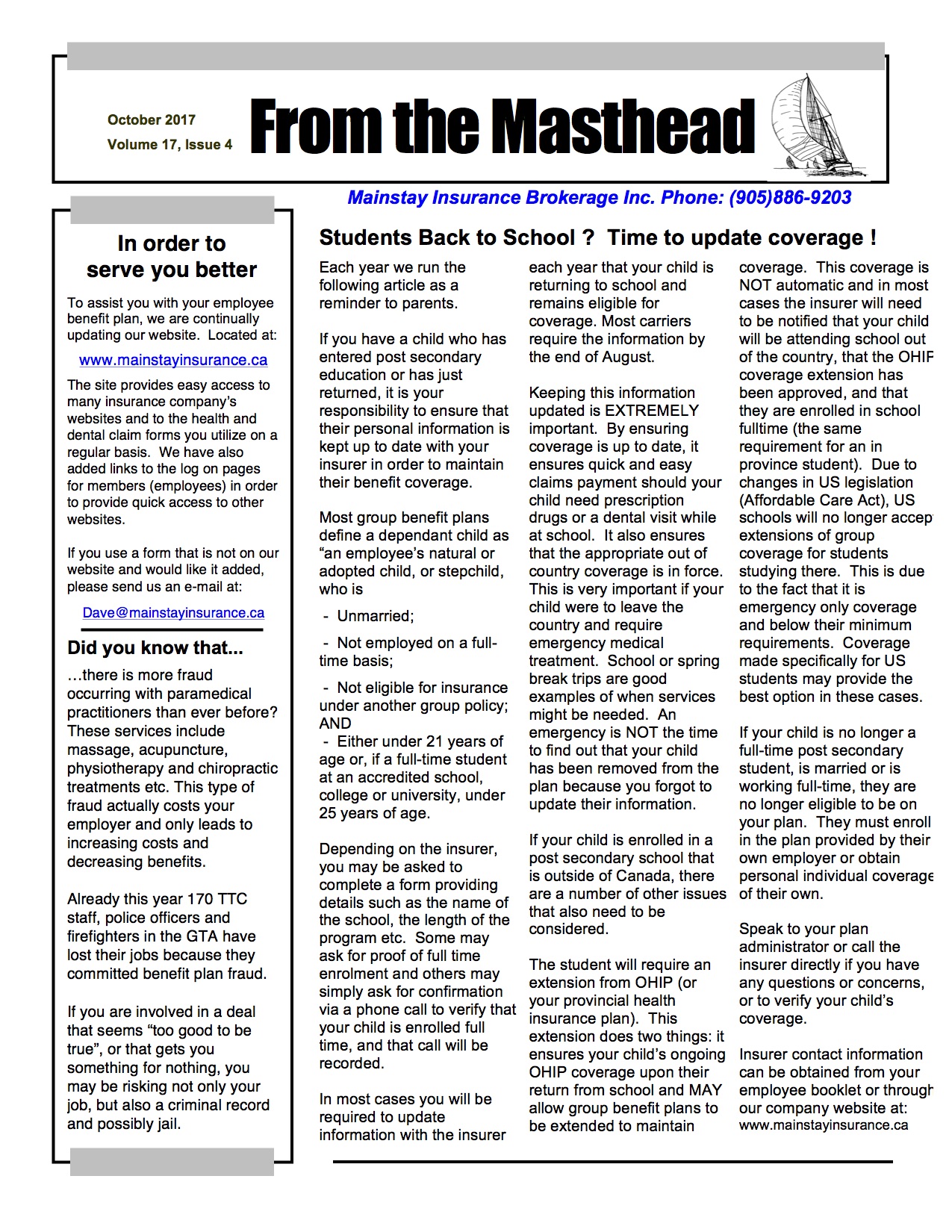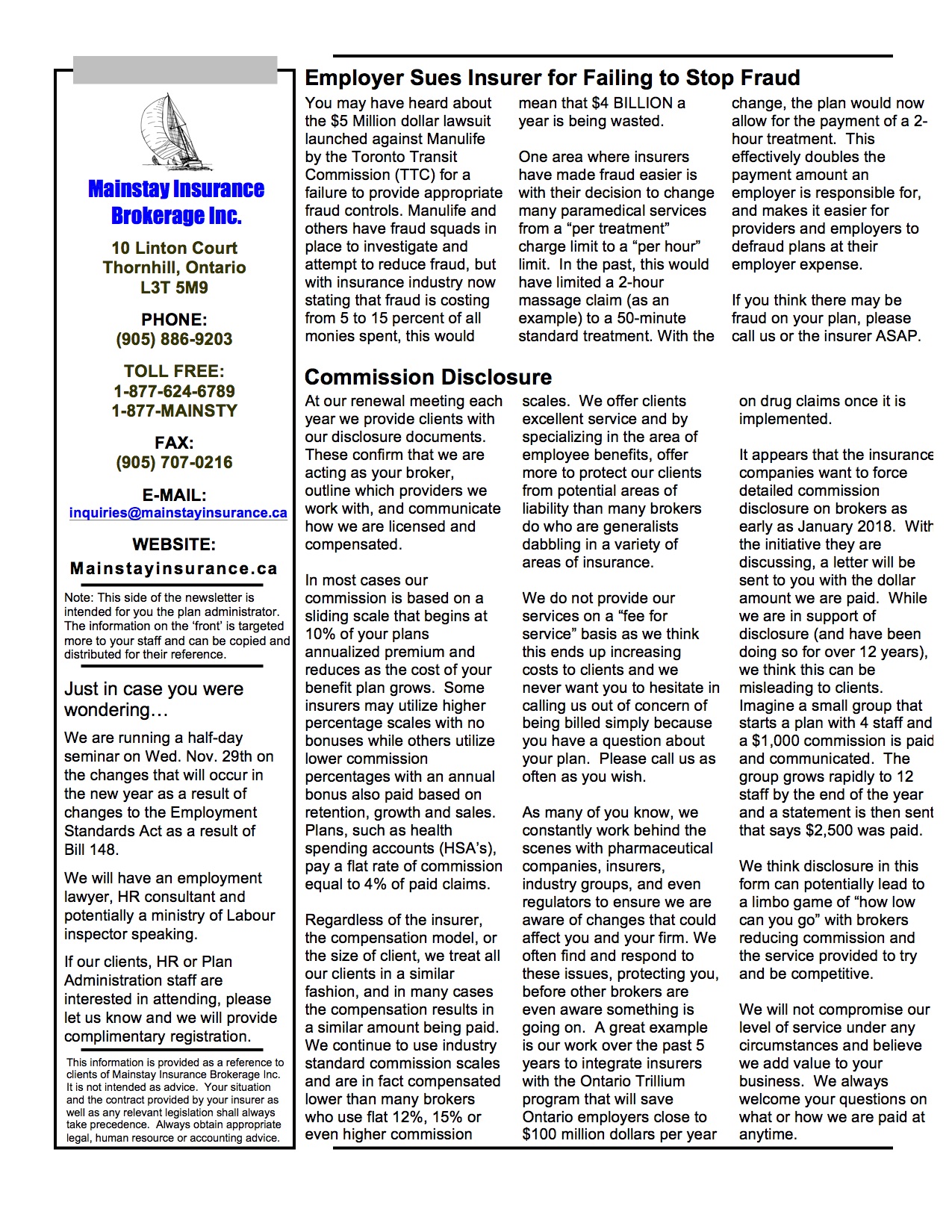Bill 148 ($15 minimum wage and other labour/employment standards reforms) was referred again to the Ontario legislature’s Standing Committee on Finance and Economic Affairs. This committee will conduct public hearings next week in the Main Legislative Building at Queen’s Park in Toronto.
The tight deadlines for these hearings were finalized and made public only yesterday afternoon, but it’s not too late to make sure your voice is heard in person, or in writing.
IN PERSON:
To request to appear for a five-minute presentation before the committee on Thursday, November 2 (9:00-10:15 a.m. and 2:30-6:00 p.m.), contact the Standing Committee on Finance and Economic Affairs at commfinanceaffairs@ola.org or 416-325-3506 by no later than Monday, October 30 at 5 p.m.
(Please note: Just like the first round of hearings, if the number of requests to appear exceeds the number of spots available, a short list will be created by MPPs on the committee.)
IN WRITING:
Written submissions will be accepted until 5 p.m. on Friday, November 3.
Please email written submissions to comm-financeaffairs@ola.org.
This is the final opportunity to help influence the outcome of Bill 148. Your individual business story could make a difference!


